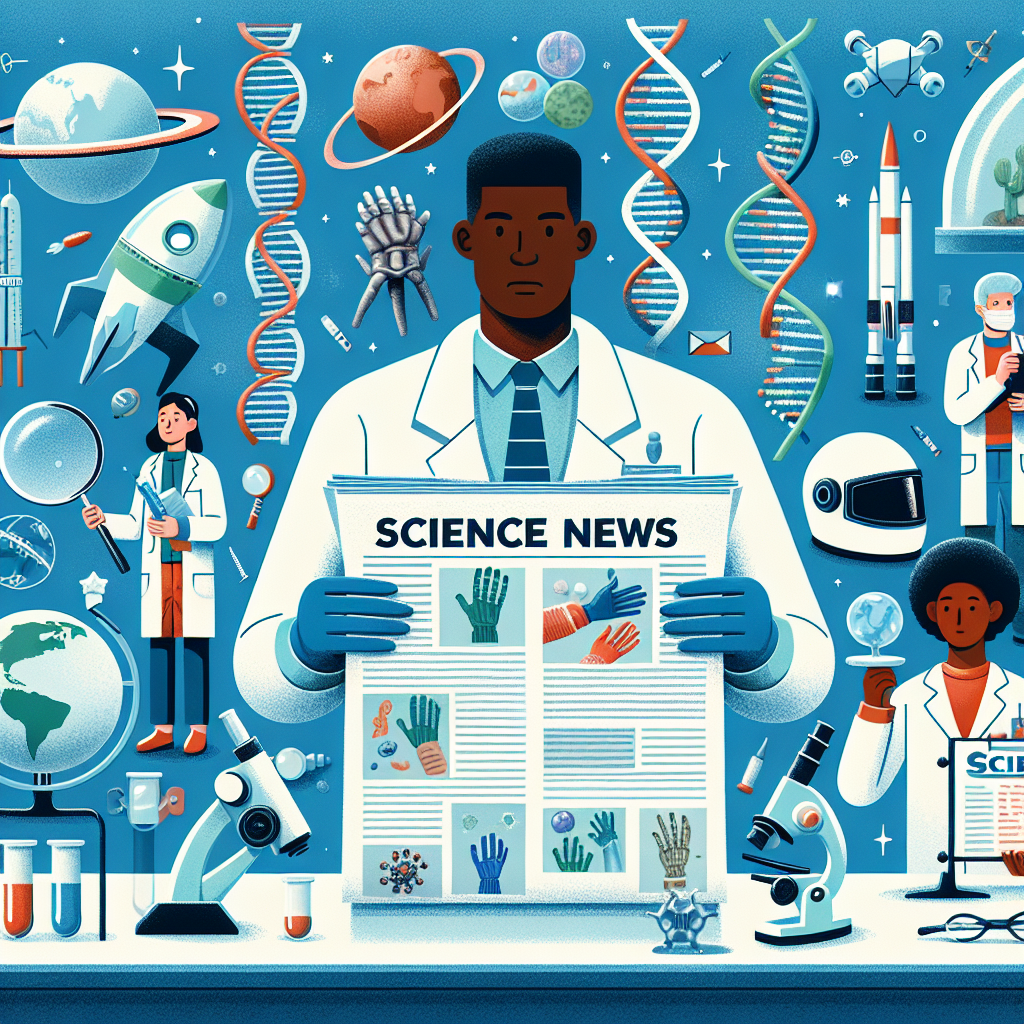Innovative Space, Climate, and Space Missions: Top Current Science News Highlights
Recent scientific updates include data on spaceflight radiation using mannequins and sensors, the cultivation of future pears under climate change conditions in Belgium, and the rescheduled Crew-9 mission launch by NASA and SpaceX due to Tropical Storm Helene.

Scientists have utilized mannequins and sensors to gather crucial data on radiation exposure encountered by astronauts outside Earth's magnetic shield. This development is part of efforts to ensure better protection for long-duration space missions, such as journeys to Mars. Initial radiation levels inside NASA's Orion spacecraft during the Artemis I mission in 2022 have been released, providing essential insights gathered through instruments like NASA's HERA and ESA's EAD sensors.
In the Belgian province of Limburg, researchers are pioneering a way to adapt fruit-growing practices to future climate conditions. Using a series of transparent domes, scientists simulate the climate of 2040 to understand how global warming will impact pear cultivation. This innovative experiment aims to prepare Europe's fruit farms for changing climates.
NASA announced on Tuesday that the launch of its Crew-9 mission, in collaboration with SpaceX, has been postponed to September 28 due to Tropical Storm Helene. The mission is expected to transport one NASA astronaut and a Russian cosmonaut to the International Space Station, continuing the routine crewed missions to the ISS.
(With inputs from agencies.)
ALSO READ
Vanuatu's Human Rights Under Threat from Climate Change: UN Expert Calls for Urgent Global Action
Advanced sensors installed to monitor potential infiltration hotspots along India-Pakistan border: BSF chief
Advanced sensors installed to monitor potential infiltration hotspots along India-Pakistan border: BSF chief
Advanced sensors installed to monitor potential infiltration hotspots along India-Pakistan border: BSF chief
Govts use climate change as excuse to dodge responsibility: Activist Eklavya Prasad










